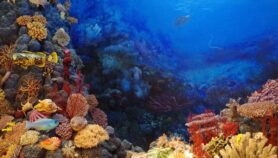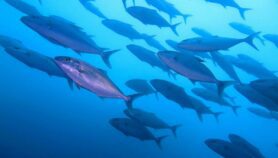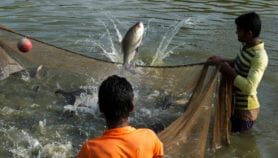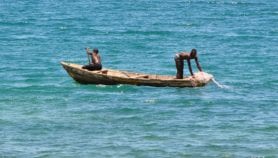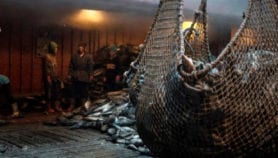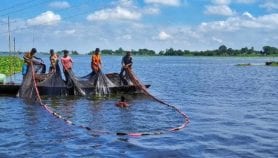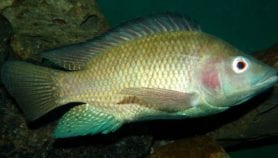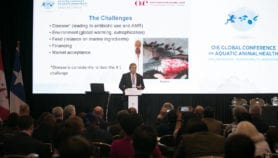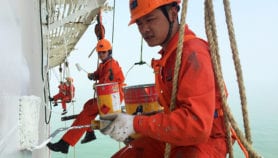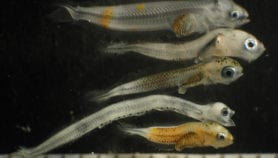By: Mićo Tatalović
Send to a friend
The details you provide on this page will not be used to send unsolicited email, and will not be sold to a 3rd party. See privacy policy.
[RIO DE JANEIRO] Natural capital accounting will "remain a wish" for many developing countries without significant international investment and capacity building, the UN Conference on Sustainable Development (Rio+20) heard yesterday.
Putting a price on the benefits of maintaining natural resources allows governments to calculate the cost that would be incurred through their destruction or loss. It has long been argued by some scientists and economists that this information can help policymakers make better decisions on utilising natural resources more sustainably.
The idea has gained traction at the Rio+20 summit this week where 37 financial institution directors have signed up to implement natural capital accounting in their companies. The move followed a commitment last month by ten African countries to include the economic value of natural resources in their national accounts.
But the process could take up to a decade to implement in African countries — even those at the forefront of its implementation, such as Madagascar, according to Leon M. Rajaobelina, regional vice president of Conservation International in Madagascar.
This article is part of our coverage of preparations for Rio+20 — the UN Conference on Sustainable Development — which takes place on 20-22 June 2012. For other articles, go to Science at Rio+20
Rajaobelina is also the chair of the World Bank ‘Wealth Accounting and the Valuation of Ecosystem Services’ (WAVES) project — a five-year global partnership between UN agencies, governments and experts that aims to promote sustainable development by ensuring that the value of natural resources are included in measures and plans for economic growth.
Madagascar is one of five pilot countries involved in the World Bank’s WAVES project.
But Rajaobelina said his country lacked the expertise necessary to bring together the management of different natural capital sectors — such as forests, fisheries and mining — and to produce accounts for them.
"We don’t have [the requisite] cadre of environmental economists," he told SciDev.Net on the sidelines of a Rio+20 fringe event organised by the World Bank, Brazil’s Ministry of Environment, and Conservation International yesterday (19 June).
Those concerns were echoed by one of the speakers at the event, Dikalala Gaseitsiwe, the deputy permanent secretary for socio-economic policy at Botswana’s Ministry of Finance and Development Planning.
To quantify resources and assess their worth, he told SciDev.Net, countries "need to do a lot of work in training. The methodologies are not so obvious to a lot of people".
Gaseitsiwe said capacity building remains the primary obstacle to natural capital accounting, saying that "without it, everything else will remain wishes".
"[Botswana] wants to partner with people who possess the capacity to augment the little that we already have in terms of scientific knowledge and information," he said.
Rajaobelina said Madagascar is keen to use natural capital accounting to value its rare earth metal reserves, so that the mining industry can sell the metals at a price reflective of full extraction costs.
He said he hopes the support of the World Bank — coupled with assistance from such countries as Brazil and the Philippines, which have natural capital accounting experience — would enable Madagascar to build the necessary capacity.
Russell A. Mittermeier, president of Conservation International, which is a firm advocate of natural capital accounting, agreed that scientific capacity was "very variable" between countries.
But he added: "The fact that it is such a central topic for discussion, and that people are exploring all angles of it, means the world has finally understood that this is a priority".
This article is part of our coverage on Science at Rio+20. Read more in our live blog.




